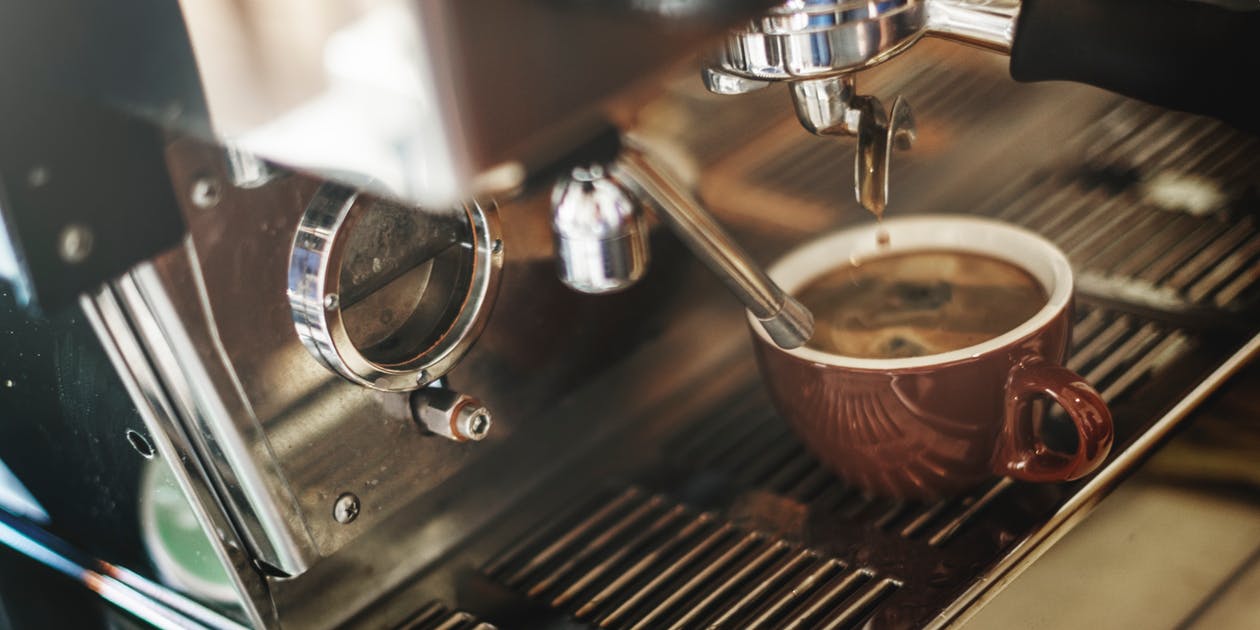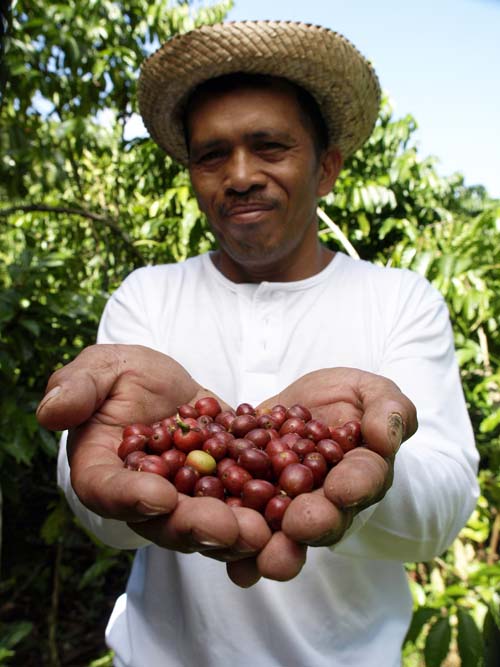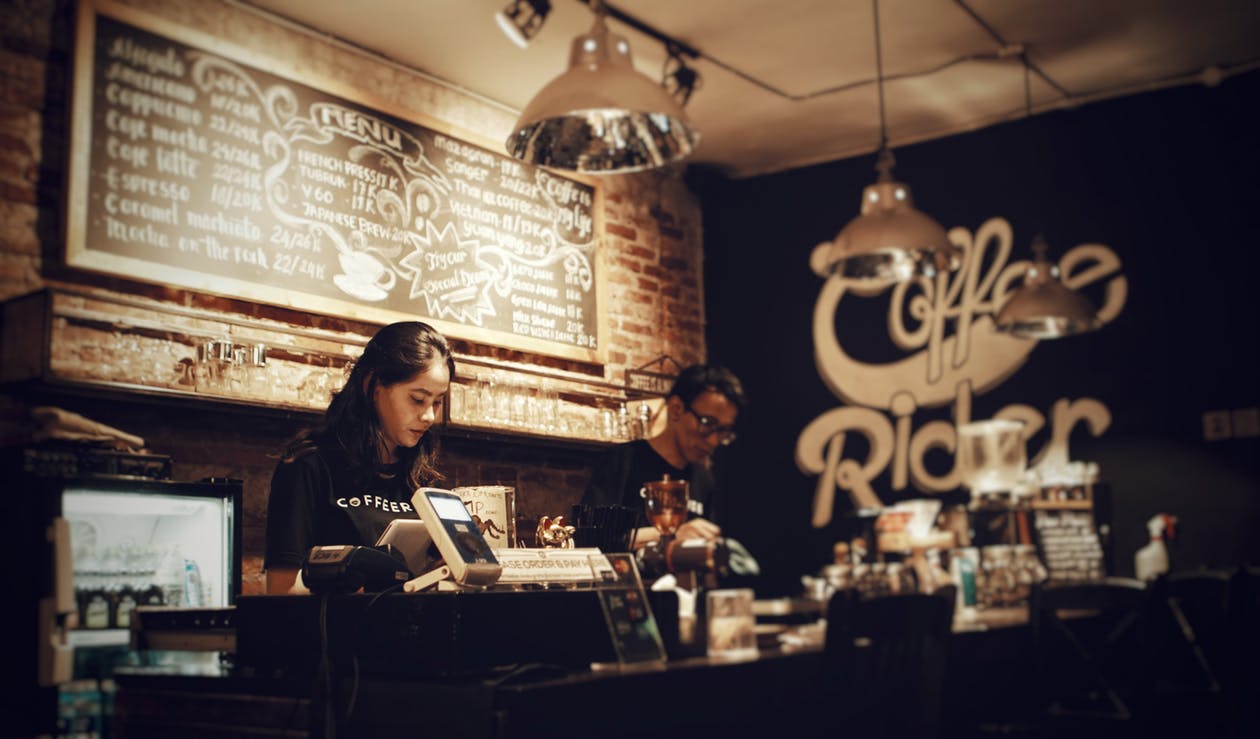I fell in love with coffee some years ago. Maybe it was the stimulant, or the taste or it could have been how it reminded me of my dad. Regardless, I am willing to wager I became a regular coffee drinker at the same place you did, ye old Starbucks Coffee.
It is everywhere, so it is easy to get to, and the stores are usually comfortably designed with free internet and lots of seating. What’s not to like?
In the past I have put Starbucks [and its consumers] on blast for their quality of coffee. That is what everyone wants to talk about; how the coffee tastes, the texture of the coffee, even the scent.
But today it’s time I play the Lorax, and speak up for the trees and the farmers.
What is the worst part about coffee?
As a college student, I answered: the price. “A Grande latte for $3.65? Ridiculous! I could buy 12 k-cups for $7.50, that is less than 75 cents a cup.” Without going into quality, it is easy to think this way and I did for many years.
Then you look at Ghostlight that sells the same size cup for $3.85, or just two shots of espresso for $2.25. What is up with that?
 Would it shock you to know that this price is not high at all, rather as low as it can be. The phrase used in the coffee business is, “It’s a penny business,” meaning that for everything sold the total profit gained only a couple pennies. We should be paying more for coffee.
Would it shock you to know that this price is not high at all, rather as low as it can be. The phrase used in the coffee business is, “It’s a penny business,” meaning that for everything sold the total profit gained only a couple pennies. We should be paying more for coffee.
“More!?” I hear you loudly question as you choke a little on the drink in your hand. “I am poor enough as it is!”
Let me take you into the life of a coffee farmer. They work year round in very warm climates and rough terrain. This is due to the nature of how coffee grows best: in hot climates on steep slopes. Due to the terrain, farmers are far away from towns or villages, making even regular life hard. They toil year-round to grow this coffee, and when all is said and done how much do they earn? About $1.50 per pound of coffee.
If I try to buy a pound of coffee here in the states, I spend about $12. Where did all the money go? Lots of other places unfortunately.
The market is in favor of the buyer. The farmer grows the coffee, and bids for how low they can sell it. After that, due to the location of the farm, they cannot transport the coffee, resulting in even more purchasing power for the buyer.
Thankfully, within recent years there has been a push for fair trade coffee. Fair trade sets a minimum cost point for the sale of coffee, giving the farmers the money they deserve.
However, directly from Starbucks’ website only 8.5 percent of the coffee they buy is fair trade. Why not the whole 100 percent? This is because coffee farmer knows if Starbucks buys, they will buy thousands of pounds of coffee, so farmers compete for the lowest price.
And why does Starbucks buy thousands of pounds? We drink it.
 The average consumer has little interest in learning about where their coffee is from and Starbucks knows this. They also know the consumers price point. Why would they spend $5.00 a pound on coffee when the consumer will only purchase a cup that is $4.00 or less.
The average consumer has little interest in learning about where their coffee is from and Starbucks knows this. They also know the consumers price point. Why would they spend $5.00 a pound on coffee when the consumer will only purchase a cup that is $4.00 or less.
My point is something that’s talked about quite often in the farming world: sustainability.
These farmers have to live off of what they sell, and if that is just enough to live a meager life on, why would they put money back into coffee? If they can barely afford food, clothing and shelter, coffee farmers are not going to spend money maintaining the quality of their product by buying good fertilizer or equipment, much less making it better.
These meager wages are not attractive to the new generation either. Most current coffee farmers are in their forties or fifties, and their children do not plan on taking up the family business. It simply is not profitable enough.
Therefore I challenge you to buy fair trade coffee. I won’t lie, it is not going to be easy or cheap. The reward will be great though, for in 30 years you will still be able to wake up and enjoy a freshly brewed, light Kenyan roast.
Happy Drinking!
Jake Conger
Reporter

